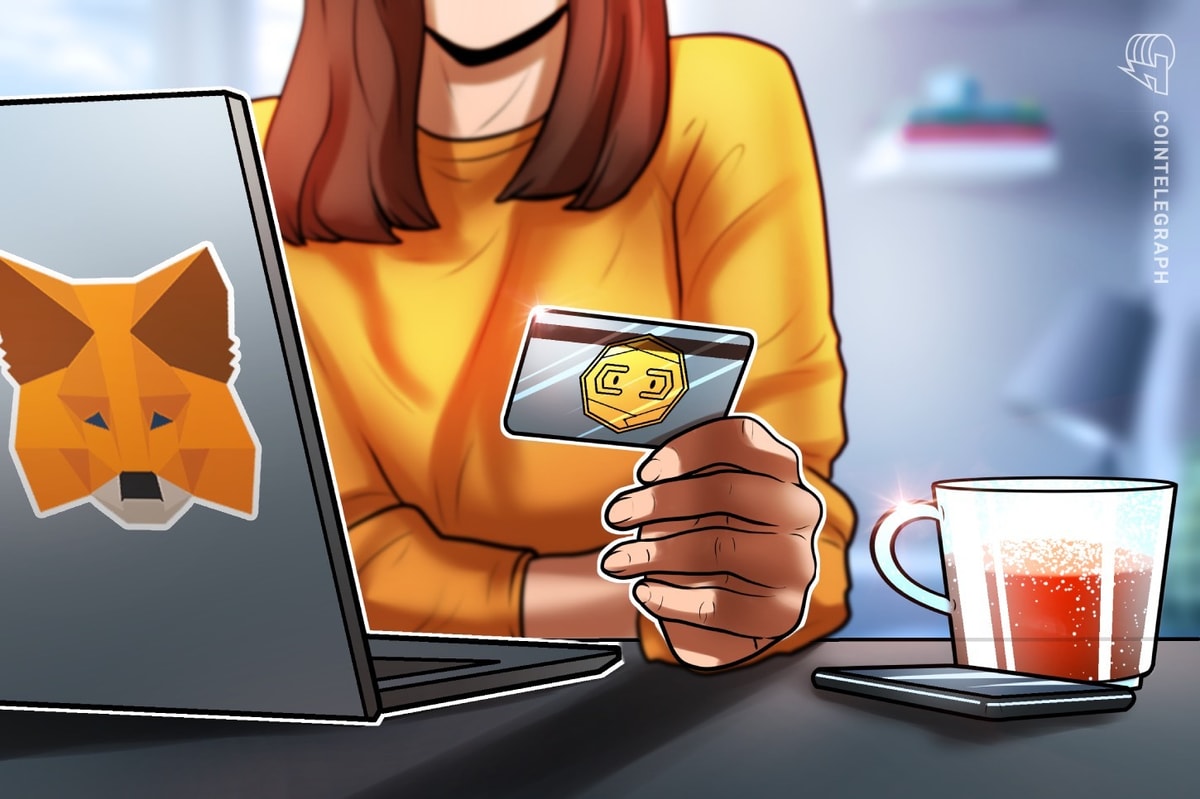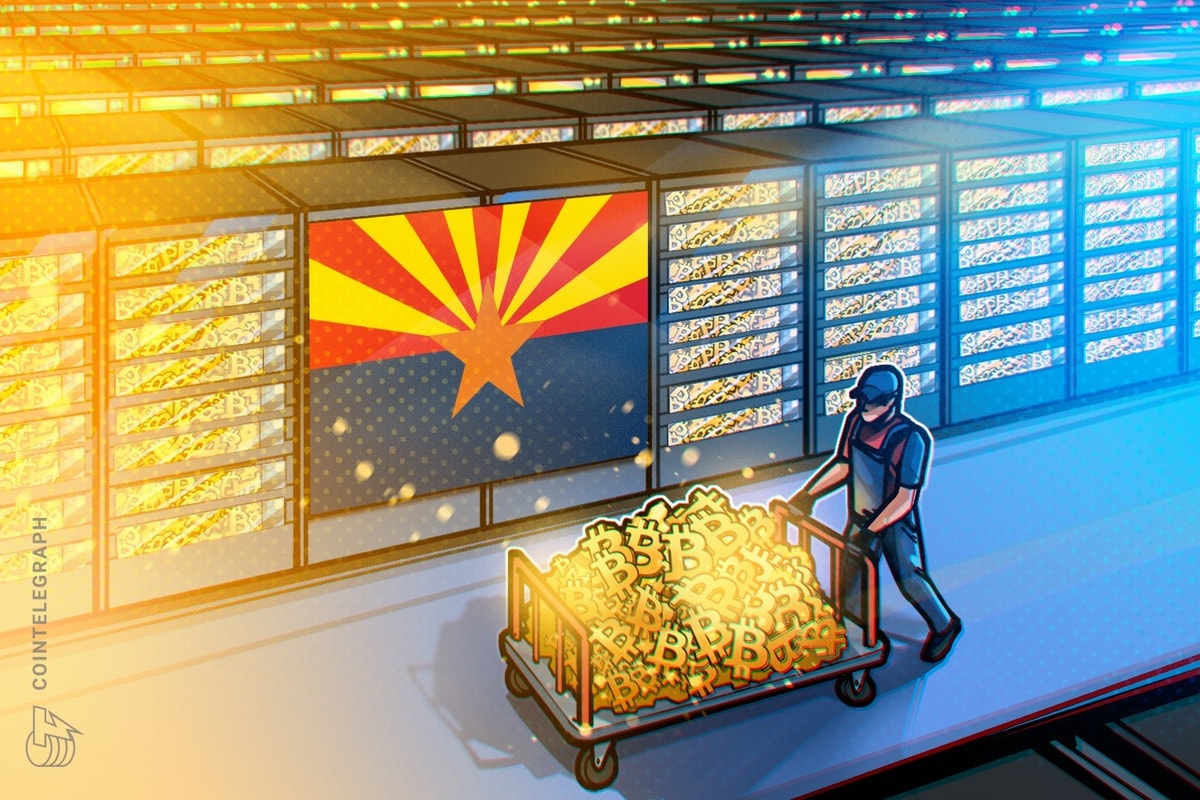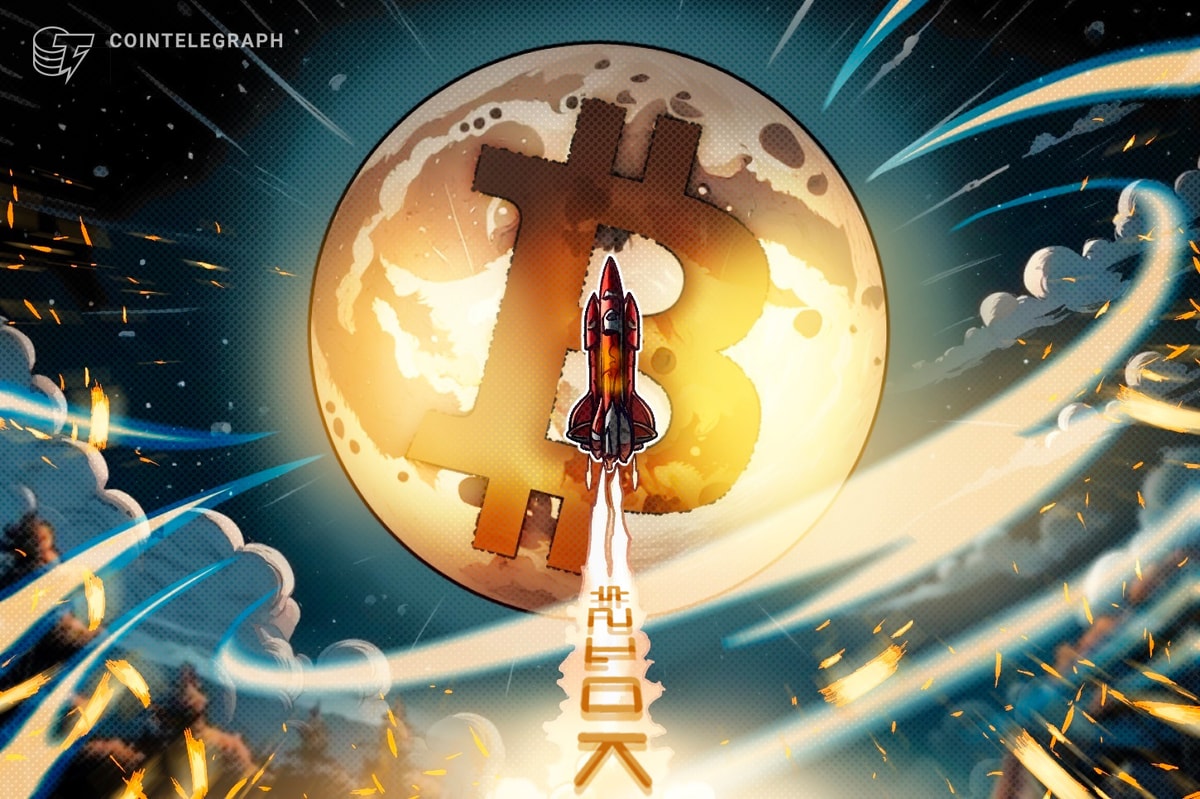African, Asian and Eastern European countries are using Binance Pay to bridge cryptocurrencies as a payment source for goods and services, according to a regional Binance exec.
Binance’s payment arm shared updated data with Cointelegraph in an interview with regional business development lead Pakning Luk. Launched in 2021, the payments service has attracted over 120 million users in specific regions as it onboards major online merchant platforms and real-world retailers to its payment rail.
A strategic partnership with WooCommerce is also expected to expand the reach of Binance Pay, with an estimated 40% of global websites using the e-commerce plugin. The integration allows cryptocurrency users to make payments with 70 different tokens.
The partnership is tied to the footprint of merchants that WooCommerce serves, making Binance Pay a rail to cryptocurrency-powered payments for a massive amount of businesses and customers. Luk also highlighted remittance and online shopping as key use cases for its user base in regions like Africa, South Asia and Eurasian countries in the Commonwealth of Independent States.
Users are also able to pay for car-hailing services like Uber, Bolt and Grab with crypto through an integration with an aggregator:
“They are the infrastructure empowering us to facilitate this service. We built the front end that allows our users to book a ride with Binance Pay without directing them to an any other car-hailing app.”
Binance Pay has had a footprint in Ukraine since before the outbreak of the ongoing conflict with Russia through two merchant partnerships with local supermarket chain, Varus, and gas station chain, WOG.
When asked whether Binance Pay envisioned itself as a competitor to the likes of PayPal in the future, Luk said that the service was more focused on building partnerships and working alongside industry participants.
Related: Binance provider in Brazil gets payment institution approval
Suggestions of becoming a possible crypto-to-fiat on-ramp for a service like PayPal were also worth exploring, as it begins to view itself as a payment infrastructure akin to Visa or Mastercard.
“We would welcome global players like PayPal to be our channel partners who can then aggregate different payment methods, including crypto payment methods, to allow merchants and the end users can choices to make payments with.”
Luk told Cointelegraph that Binance’s product team has a keen focus on compliance, and the company has been licensing in different jurisdictions to ensure it meets standards.
PayPal has already rolled out its cryptocurrency service, enabling users to buy Bitcoin (BTC) and other cryptocurrencies with fiat currencies.
Regulatory focus on the cryptocurrency industry has been heightened in the wake of the collapse of FTX and a handful of lending companies in the space.
Magazine: $3.4B of Bitcoin in a popcorn tin: The Silk Road hacker’s story









